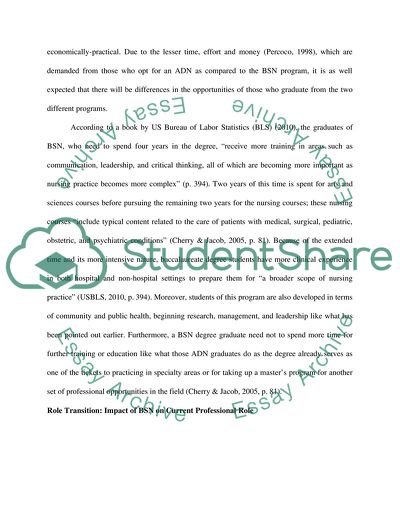Cite this document
(Nursing Professional Development Plan Research Paper, n.d.)
Nursing Professional Development Plan Research Paper. Retrieved from https://studentshare.org/nursing/1740085-professional-development-paln
Nursing Professional Development Plan Research Paper. Retrieved from https://studentshare.org/nursing/1740085-professional-development-paln
(Nursing Professional Development Plan Research Paper)
Nursing Professional Development Plan Research Paper. https://studentshare.org/nursing/1740085-professional-development-paln.
Nursing Professional Development Plan Research Paper. https://studentshare.org/nursing/1740085-professional-development-paln.
“Nursing Professional Development Plan Research Paper”, n.d. https://studentshare.org/nursing/1740085-professional-development-paln.


